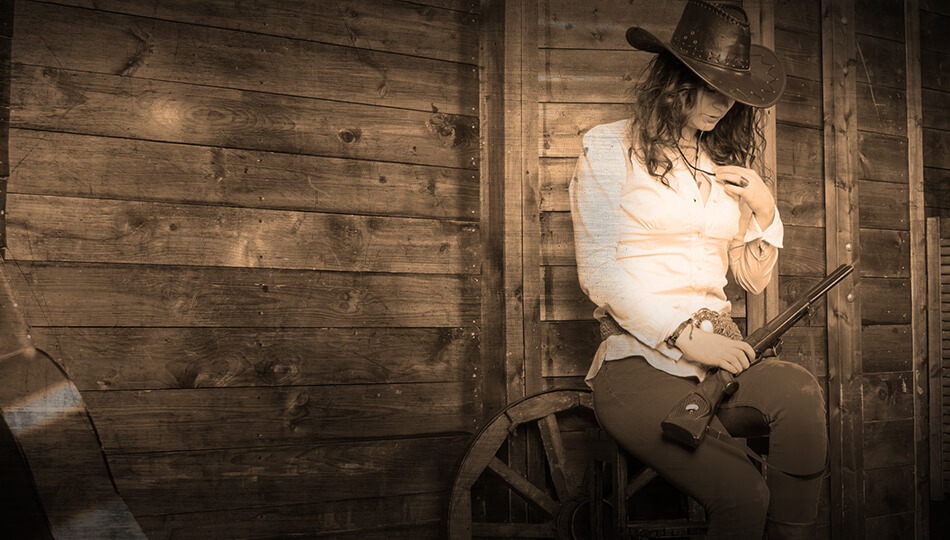If you happen upon a situation where it appears an officer is in trouble, you may question if you should step in and help your local law enforcement officer. But even the best intentions can mistakenly label a Good Samaritan as the bad guy.
What the law says
In Colorado, a person may use physical force in defense of himself or a third person, including a police officer, from what he reasonably believes to be the imminent use of unlawful physical force by another, and may use the degree of force reasonably necessary to do so.
Deadly physical force may be used only if the person reasonably believes that the lesser degree of force is inadequate, and the person reasonably believes that he or a third person is an imminent danger of being killed or receiving great bodily injury. You can use deadly physical force against another when reasonably necessary to stop a person from committing a serious crime, such as kidnapping, robbery, sexual assault, or a serious assault.
So, Can I Defend a law enforcement officer?
Thus, if a person came upon a law enforcement officer in trouble, they could justifiably use a gun to protect the officer if doing so was reasonably necessary to protect the officer from becoming the victim of a serious crime. Simply resisting arrest would not suffice.
Generally, a person justifiably acting in self-defense or in defense of another would have a valid defense to civil, as well as criminal, liability. Although the burden of proof would be different. In a criminal trial, the prosecution would have to prove beyond a reasonable doubt that the use of force was not justified. In a civil trial, it is a requirement for the defendant to prove such an affirmative defense by a preponderance of the evidence.
If you have any questions about helping a police officer or anything else, please call U.S. Law Shield and ask to speak to your Independent Program Attorney.





Leave A Comment